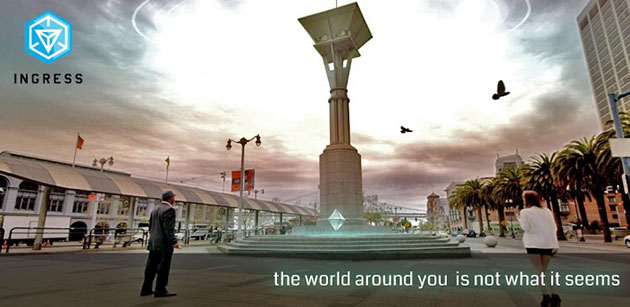The New Zealand-based geocaching blog "
It's Not About the Numbers" recently asked me to write a guest post on the topic of the most common mistakes that geocache owners make that prevent me from publishing their caches on the first go-round. You can read my post on their blog. I'm also posting it below to improve the search engine optimization for my blog. :)
---------------
It’s Not About the Numbers was kind enough to ask me to
write a guest blog on the topic of “the biggest/most common mistakes you see as
a reviewer when players submit a new cache listing.” But since geocachers are
Groundspeak’s customers, I prefer not to call them “mistakes.” How about referring
to them as “issues”?
It’s pretty easy for me to say what the most common issue is
that I see: placing a cache too close to an existing geocache. This is
sometimes called the proximity issue. As all seasoned geocachers know,
Geocaching.com guidelines call for spacing of at least 528 ft. (0.1 mile or 161
m) between geocaches and between physical waypoints of different multicaches. If
there’s one issue that red-flags a new geocache and causes a delay in
publishing, it’s mostly likely the proximity issue, and it’s often the result
of the cache owner neglecting to check the location of nearby geocaches before
placing his or her new cache. In those cases, I try to work with the geocacher
to let them find a new location so they don’t have to resubmit an entirely new
cache page.
My second most common issue is when a multicache or puzzle
cache doesn’t have the final coordinates listed as an additional waypoint. Sometimes
geocachers will post the final coordinates in a reviewer note, but that doesn’t
really help me much because I would then have to enter those coordinates myself
as an additional waypoint before I could determine if it’s too close to another
geocache. That’s why it’s important that cache owners use the “add/edit
waypoints” feature to enter the coordinates for all the waypoints that are
physical caches, including the final location. This not only makes it easier
for reviewers to review the new geocache, it also helps ensure that future
geocaches don't encroach on the caches we publish.
Third on my list of most common “issues” are caches that
appear to have commercial overtones, which is a violation of Geocaching.com’s
guidelines regarding commercial caches. Many times the cache owners are just
big fans of the business or organization and have no direct financial connections.
They simply want other geocachers to know about the great sandwiches, the
delicious ice cream, or the helpful service they receive inside the store. However,
such an endorsement of a business still crosses the line beyond what
Groundspeak wants to publish on its website. In these situations, it’s usually
easy to correct the issue. Usually all it takes is the cache owner removing the
name of the business from the geocache title and/or removing the endorsement
from the description.
In addition to those, I also see lots of others issues; ones
readers of this blog are likely familiar with such as: too close to railroad
tracks, on school property or near a government building without permission, and
for Iowa, on land managed by the Iowa Department of Natural Resources without
permission.
One of the oddest issues that I encounter is seeing a newly
submitted cache with the same coordinates and the same name as an existing geocache,
but submitted by a different geocacher. The first time I saw it, I scratched my
head as I tried to figure out what was going on. Eventually I was able to
determine that the new listing was not actually a new geocache hide. It was
meant to be a “found it” log but the newbie geocacher was mistakenly using the
“submit a cache” form to log his find. Believe it not, I’ve seen this happen a
number of times so when I see it again it’s easier to recognize the reason.
So there you have it. My list of the most common “issues” may
be different than it is for other reviewers around the world. But all the
volunteer reviewers will assure you that we don’t
seek ways to deny new geocaches. Our
goal is to help cache owners get their caches listed within the guidelines
Groundspeak has established for its listing service. Sometimes that requires a
few details to be resolved before publication. My thanks to cache owners for
their patience and cooperation as I work with them to keep this activity fun
for everyone.




















